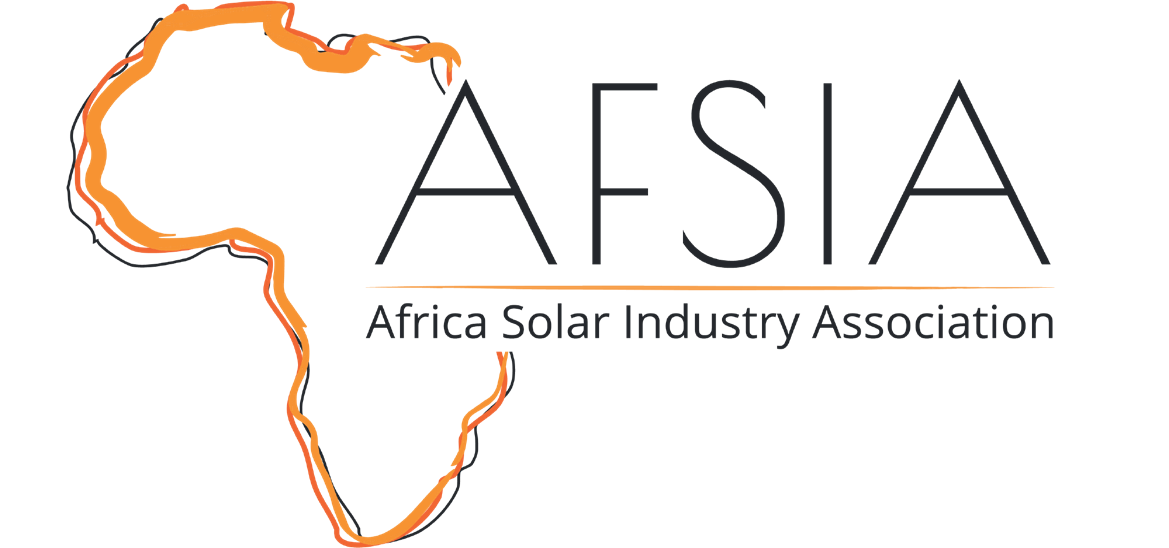West Africa hybrid solar power solutions provider Daystar Power plans to raise about $100m within the next three years to satisfy existing client demand.
“The market size and funding gap is huge, and our role in bridging this gap will involve us continuously raising funds,” Olaedo Osoka, Daystar’s CEO for Ghana, tells The Africa Report. The funding will mostly be debt, and the amount sought in each fundraising will typically be around $20m, she adds.
Daystar was founded in 2017 by Sunray Ventures and is active in Nigeria, Ghana, Togo and Senegal, with a representative office in Côte d’Ivoire. In January, Daystar raised $38m from investors led by Danish development finance institution The Investment Fund for Developing Countries. The funding raised will be used to expand operations in Ghana, Senegal and Togo, says Osoka.
Solar costs
The cost of power in West Africa has curtailed the growth of competitive businesses and industries, Osoka says, adding that Daystar’s solutions to reduce typical power costs by up to 30%. She’s confident on the outlook for this year, and says the Covid-19 pandemic has intensified the need for reliable and affordable electricity.
- “Indications into 2021 show an increased demand for our services,” says Osoka.
- “Our expectation is to grow exponentially this year.”
Daystar Power’s clients pay a flat monthly fee or a variable tariff per kilowatt hour to outsource the management of their power systems.
Services include a power audit and assessment of energy needs, proposal of a solution, installation, operation and maintenance. Customers do not incur capital expenditure or pay up-front costs.
Progress under threat
Solar power in West Africa needs greater government support to fulfil its potential. According to a study co-authored by Mark McCarthy Akrofi and Sarpong Hammond Antwib, Nigeria and Burkina Faso are the only West African countries where there have been explicit incentives for renewable energies during the Covid-19 pandemic.
- Four solar companies in Nigeria got money from a $500,000 fund.
- In Burkina Faso, the government cut the cost of solar kits for vulnerable households by 50%.
- While most West African countries have taken fiscal measures to protect small and medium-sized enterprises, they do not explicitly mention energy start-ups, Akrofi writes.
The solar power industry employs an estimated 3.9% of the African workforce, including an estimated 26,000 people in West Africa. “Covid-19 threatens to undo all this progress because with declining liquidity, off-grid and decentralized renewable companies will be forced to cut jobs,” Akrofi and Antwib write.
Governments are making headway in creating policies to encourage the transition to solar energy, says Osoka. Still, “there is a considerable amount of work to be done from a policy perspective to build the industry.”
“We hope to see a more consistent and cohesive approach in policymaking as well as execution of policies” to support solar power growth, she says.
Bottom line
Lack of government support for renewable energy in West Africa risks slowing the solar industry’s progress.
Read original article here



